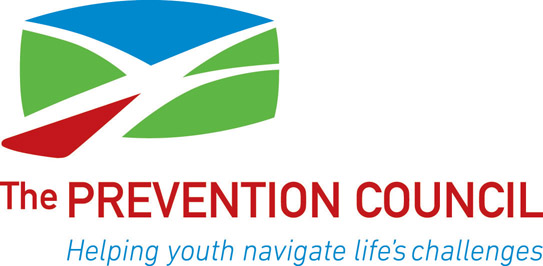December 30, 2010
By Drew Kerr
Post Star
SARATOGA SPRINGS — Saratoga County’s popular youth court program officially came to an end on Friday.
The shutdown comes 13 years after the program was created as a means of diverting youthful offenders from the traditional justice system into a court of their peers that doled out jail tours and community service as punishment.
Saratoga County’s popular youth court program officially came to an end on Friday.
The shutdown comes 13 years after the program was created as a means of diverting youthful offenders from the traditional justice system into a court of their peers that doled out jail tours and community service as punishment.
Government support for the $75,000-a-year program dried up during the recession, and efforts to raise private funds to continue the program were unsuccessful, coordinator Lisa Chamberlain said this week.
“That doesn’t necessarily mean that if we don’t find funding we won’t come back, but, for now, we don’t have any money and are shutting down,” said Chamberlain, who ran the program for the Prevention Council of Saratoga County.
The youth court program handled as many as 100 cases a year from around the county but has been operating on a more limited basis over the last year because of funding constraints.
All of the court’s pending cases have been transferred back to local courts, and a training effort that was recently scheduled for youth court officers – who serve as the court’s jurors, prosecutors and judges – was canceled.
Supporters of the program said losing the youth court will be a loss for the community and a burden on the local judicial system, which is already facing overwhelming case loads.
“It was a really good resource for doing some diversion and education to get someone who had stepped off the path to get back on the right path,” said Karen Heggen, of the Saratoga County District Attorney’s Office. “This is a real loss.”
Heggen said the impact on the district attorney’s office could be minimal because its attorneys only handle adult cases, but that the Saratoga County Family Court would likely see its case load increase.
Youth court programs are open to first-time offenders 18 and younger who commit non-violent crimes such as trespassing, alcohol possession or vandalism. Their rulings are as binding as those given out in traditional court proceedings. The youth courts often allow offenders to avoid costly juvenile detention by completing classes, community service and taking tours of the county jail.
Legal officials around the state, including New York’s former chief judge Judith Kaye, have said youth courts have proven successful as intervention tools and called for them to be supported and expanded.
Chamberlain, who has spent the last 10 years with the Prevention Council, said many of the youths who have participated in Saratoga County’s program have responded favorably and have not been in subsequent legal trouble.
The traditional court system, by contrast, may not force the same level of accountability on offenders, she said.
“One of the reasons the program has worked so well is that they have to admit to their crime to their peers and take responsibility for it,” Chamberlain said. “In the traditional court system, they don’t have to take responsibility. They just go through the process – maybe their parents will just pay their fines for them – and that’s when you see re-offenders.”
Prevention Council officials said they intend to continue making appeals to local officials in the coming months in an effort to revive the program.
The Warren County Youth Bureau contracts with the Council for Prevention of Alcohol & Substance Abuse to run its youth court program, which costs $50,000 annually and is supported by the county, the state and the town of Queensbury.
